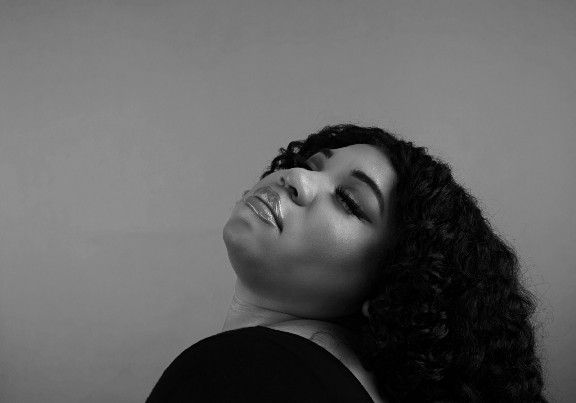
All Victims Don’t Survive.
May 7, 2020TW: Sexual Assault
I am not a survivor. And I don’t know if I’ll ever be.
My mom always says, “You’re a survivor. You’ve always been a survivor.” When something violent, hurtful, or absolutely heartbreaking happened to me — she would always reinforce the term ‘survivor’ and my legacy of resilience. But I always felt disconnected from this loving sentiment because the affirmation I needed wasn’t in the term ‘survivor.’ Over time, and throughout many recent experiences with sexual assault and abuse, I have wrestled with myself around ‘survivor’ as a default term for victims, or as the shape we become when healing is over. I’ve realized that I am not a survivor, I am a victim. And I refuse to carry ‘survivor’ in my name unless I decide so.
I rarely ever refer to myself as a ‘survivor’ by choice. Personally, ‘survivor’ is a term that is often connected to a one-dimensional expectation of performative wellness or a culturally accepted title of someone who is still alive after harm. ‘Survivor’ feels in opposition to the fragile vulnerability I am still experiencing. I don’t want to swallow my pain, disguise my wounds, or pretend that I have healed. I am not a survivor. For me, to claim ‘survivor’ as a title would only serve the world around me to perform a resilience I have yet to arrive at. And even when ‘survivor’ is held with the nuance it deserves as an experience, embodiment, and title — it feels like a distant stranger to my body.